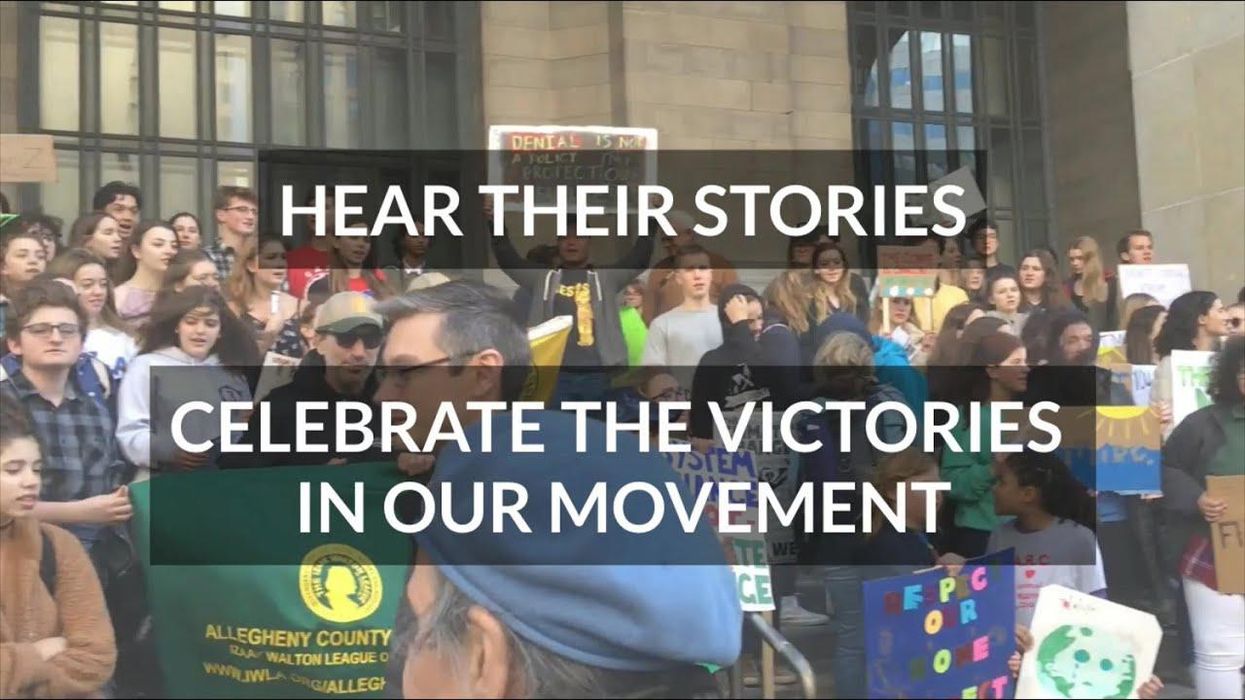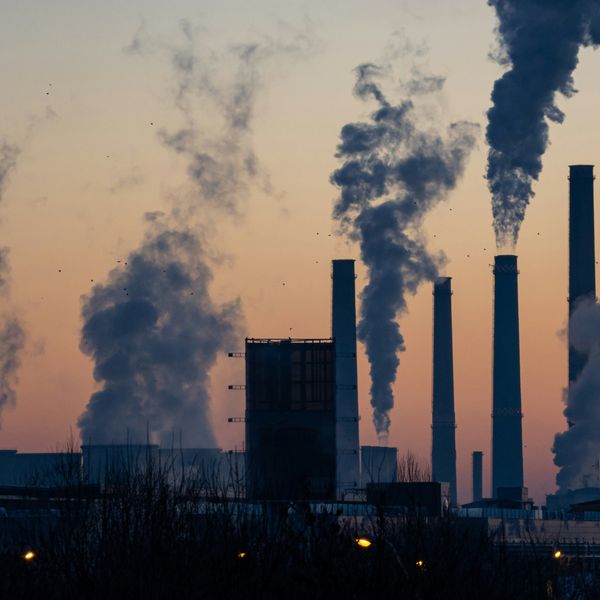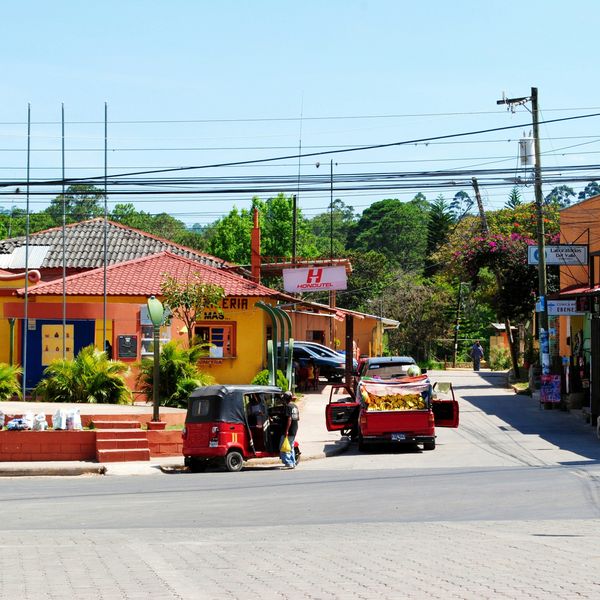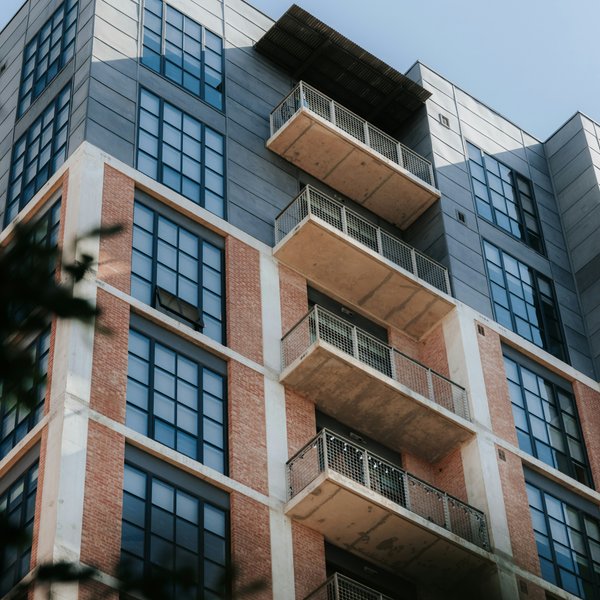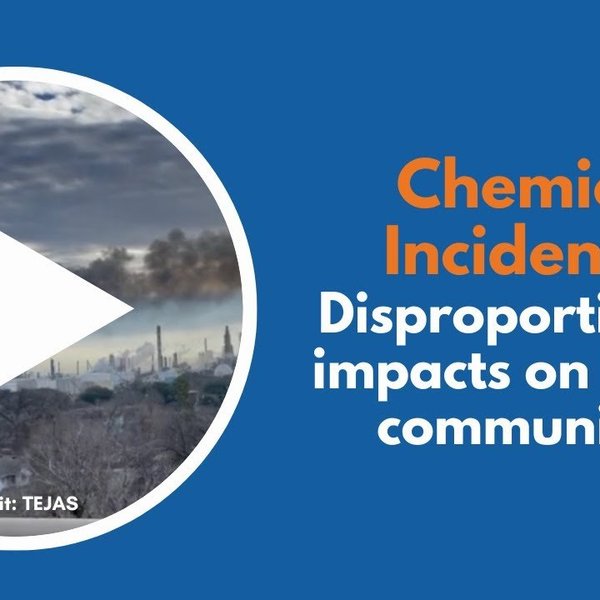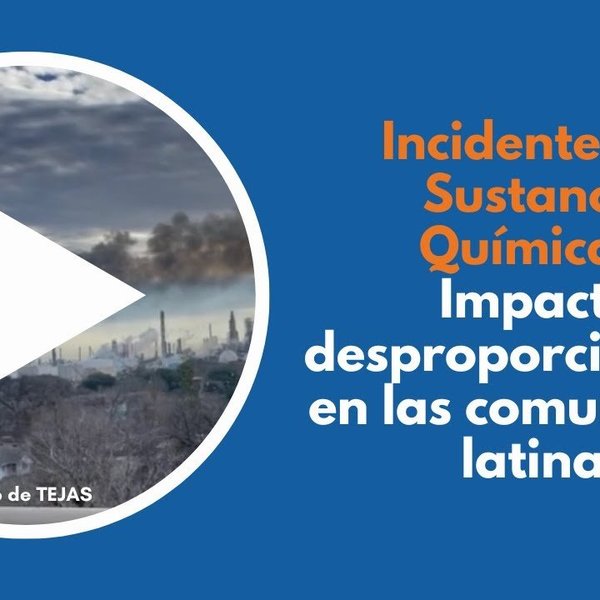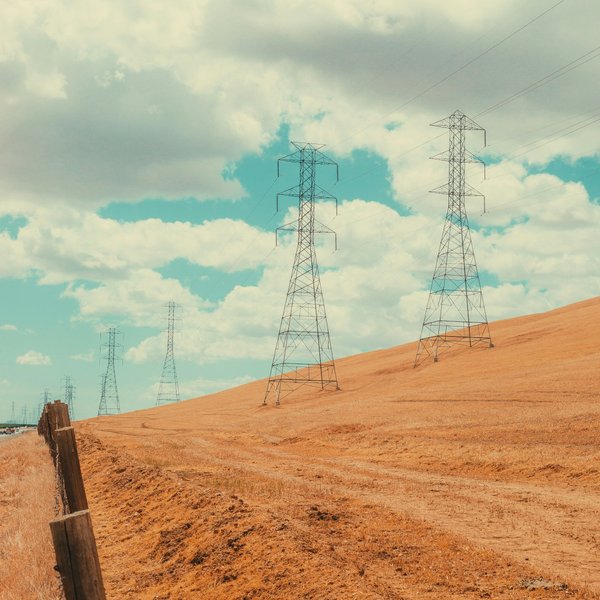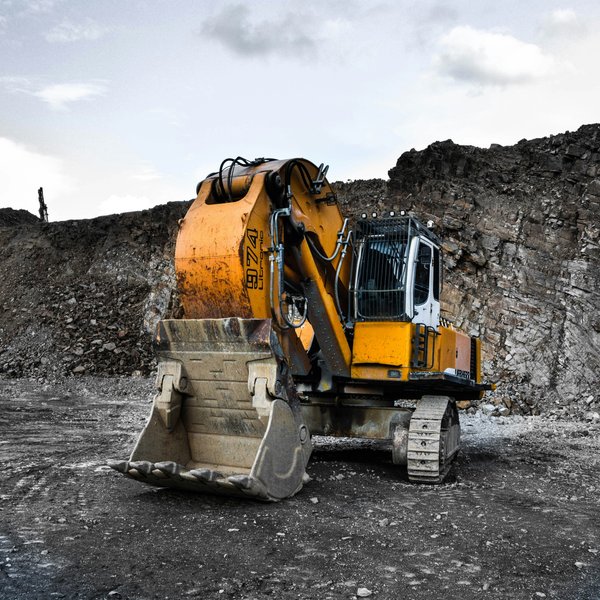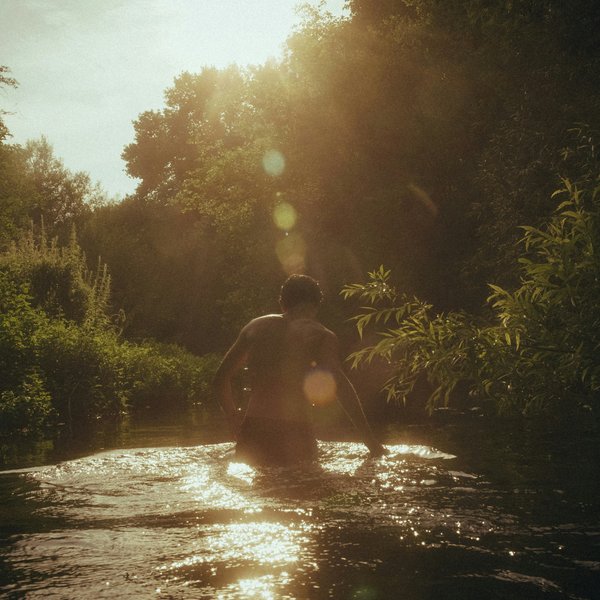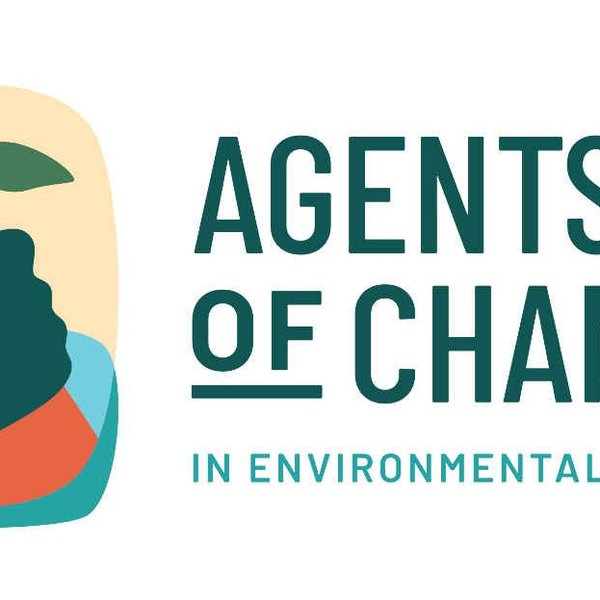John Beard, 18 years a city councilman for the Texas fenceline community of Port Arthur, almost gave up and walked away.
Love Sanchez, a Karankawa Kadla mom from the Texas Gulf Coast, lived in the background, shy and voiceless.
Veronica Coptis, growing up amid Pennsylvania's coal, oil and gas fields, was "angry and yelling a lot."
And Travis London, deep in Louisiana's Cancer Alley, needed something hard and "crystal clear" to grab hold of.
Community Sentinel Awards
All four bloomed to become leaders, fighting for social and environmental justice largely against fossil fuel companies in their communities.
All four were feted Thursday as 2021's Community Sentinel Award winners by the Fractracker Alliance, an annual award honoring those who address the root causes of environmental injustice in the United States, with a strong focus on racial justice in the face of oil, gas, and petrochemical activity.
And all four spoke for the need for support in the fight to protect our health and environment.
"Anyone pushing back against systems, anyone in this fight who feels alone – it can feel impossible," said Coptis, director of the Center for Coalfield Justice.
'Renew your commitment'
Coptis took the Center from two staffers to 10 today. She credits mentors with channeling her anger, harnessing her energy, and shaping her into a leader focused on change.
Beard has spent 42 years in the petrochemical industry and more than 32 years in elected public service. Today he leads the Port Arthur Community Action Network, fighting for restorative justice—though he knows how easy it is to lose spirit.
"I ask that each one of you renew your commitment," he said to the roughly 120 attendees of the online awards ceremony. "I almost lost my way. We have to pick each other up."
Sanchez, co-founder of Indigenous Peoples Of The Coastal Bend, described how she found her voice and never looked back. Never. "I have never shown fear, even when I cry."
Pipelines, development and multi-national corporations
And London, a community builder and labor activist who has worked to raise the minimum wage for safety and cleanup workers around the country and in the Gulf South?
Clutching his crystal award on the Zoom call, London all but shouted into his computer: "This award is important. It represents everything we've been through in the struggle. It is hard. It is crystal clear."
The ceremony was headlined by Winona La Duke, the Ojibwe activist, economist, hemp grower and two-time Green Party vice presidential nominee. She gave a blistering recounting of her fights in Minnesota and the Great Lakes region against pipelines, oil development and multinational companies, at one point comparing her eight-year fight against Canadian tar sands company Enbridge to a bad marriage.
"I've been trying to get a divorce for a number of years, but they won't leave my territory," she said.
"I come from sensible people who think that oil and water don't mix and you shouldn't hold your economy hostage to fossil fuels," she added. Yet somehow she and fellow tribal members have been arrested and charged with misdemeanors and felonies for "wasting Enbridge's time."
"We're the ones doing what's right, while governors and state legislators abdicate their responsibility."
Read more about the award winners on Fractracker's website.

